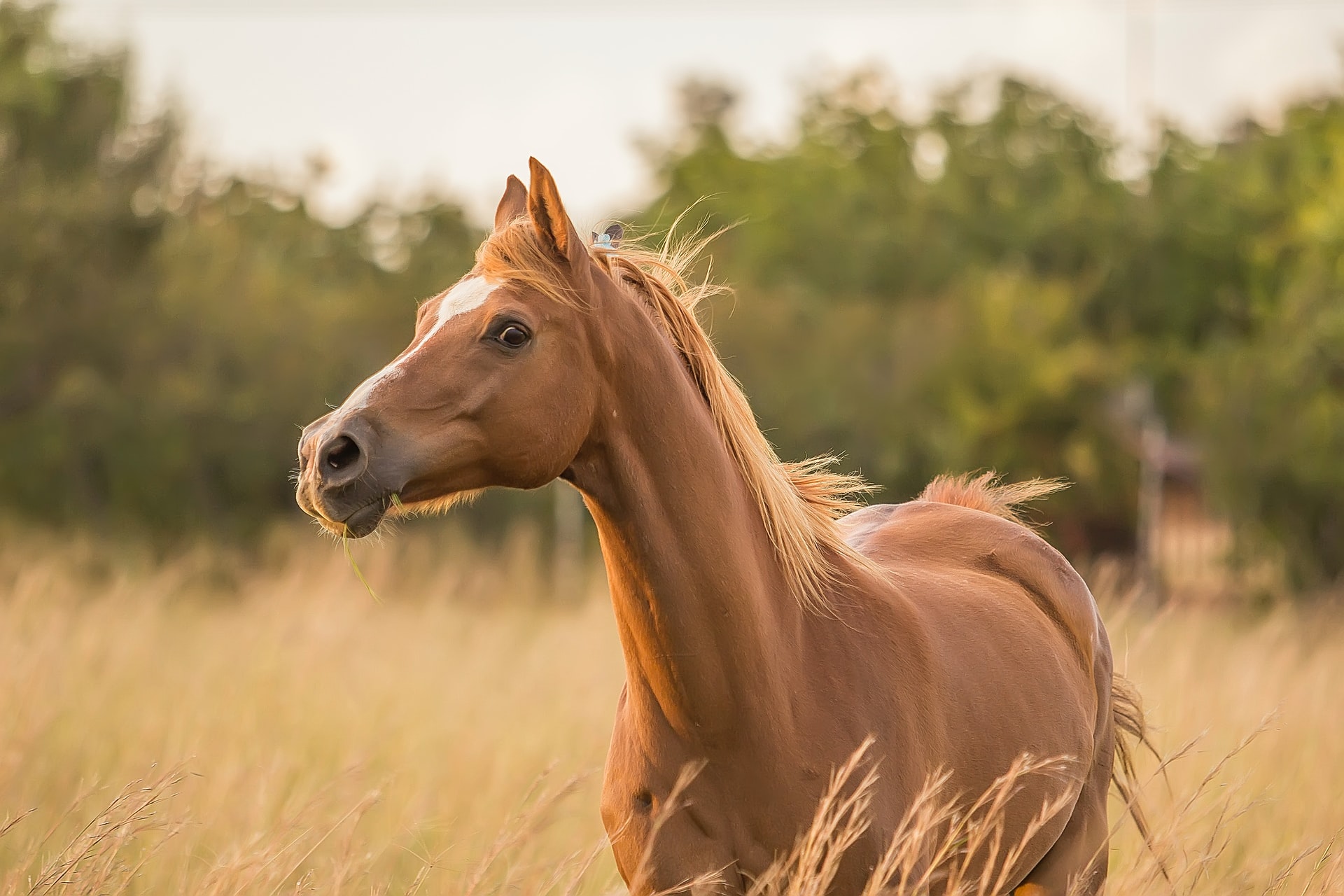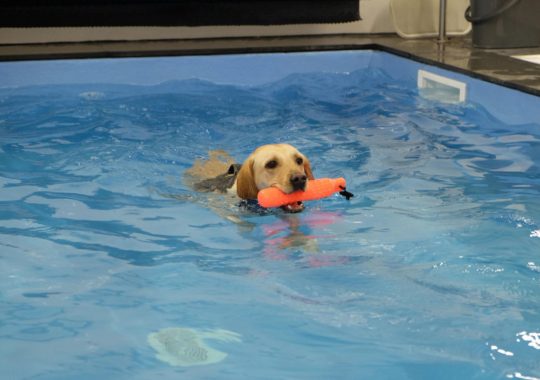The Covid-19 pandemic has had a massive effect on all of us, with people from all industries being affected by the drastic changes. This is no different for equestrians; we’ve all had to adapt to the current circumstances and do what we can to keep ourselves safe whilst continuing to care for our animals.
The lockdown restrictions have prevented all interaction between households and unessential activity where possible but what does this mean for horse owners? The welfare of animals is paramount, allowing us to undertake daily care, exercise and purchase horse feeds as usual, but many steps are needed to help prevent the spread of the disease and reduce any extra strain on our key workers.
Taking responsibility
As of writing, the current government guidelines have clarified the restrictions relating to equestrians to help keep the virus at bay. Essential activity to maintain the welfare of animals is permitted as normal, with visits to livery yards in operation as normal to provide the necessary care and exercise for animals. Activities including riding lessons, competitions and events are not permitted to go ahead and must be cancelled. For those who are loaning a horse or have joint ownership of a horse, traveling to livery yards is permitted to provide essential care as normal. Visiting vets, farriers and physio appointments is also allowed for the welfare of our animals.
During such uncertain times, each of us have had to take extra precautions to reduce the pressure felt by key workers and minimise the chance of any accidents occurring. Any injuries from riding resulting in a trip to medical professionals not only put more strain on them, but put us and our households in a situation where we may be exposed to the virus. Making simple adjustments to our regular routines before the situation eases up in the spring can reduce the chance of any accidents happening:
- Exercising from the ground as a replacement for riding where possible.
- Lunging before getting onto your horse.
- Riding out in company rather than going out solo.
- Delay working with young horses where possible.
Making changes to feeding
Simple adjustments to your horses’ feeding routine can play a big part in their behaviour throughout the Coronavirus pandemic. A diet containing high levels of starch can cause changes in behaviour as starch provides a quick release form of energy. These sudden bursts of energy can make your horse more difficult to manage, increasing the chance of harm to either themselves or their handler.
Introducing a high fibre diet is great for providing slow releasing energy, helping to keep bouts of excitable behaviour under control. A continual supply of grass and hay is a great form of feed for them to chew on throughout the day but including other effective fibre sources such as alfalfa, sugar-beet and grass work to maintain their energy level in a slow release form.



